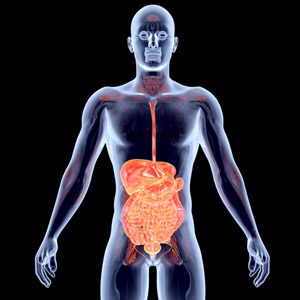- March 10, 2025
How Aging Affects Digestive Health

As if aging isn’t a big enough problem on its own – grey hair, wrinkles, memory and all the health problems we read about every day – don’t forget that digestive issues can be high on that list too. Ulcers, diverticulosis, and mouth problems tend to increase as we age.
Heartburn can happen at any age, but it’s more common in the elderly, as the body slows down. And so are lack of exercise, fibre, and water intake, while older people also tend to take more drugs and are heavier than is healthy.
Digestive Health Disorders
Getting older has pluses and minuses. On the plus side, you get more time to relax and enjoy life. On the minus side lie many health challenges — including an increase in digestive health disorders. Of course, problems with digestion can occur at any age. Yet nearly 40% of older adults have one or more age-related digestive symptom each year.
Here’s an overview of common digestive health problems that may arise with age. Learn why they occur and what you can do to keep your digestive system running smoothly well into your later years.
Digestive Problems as You Age
Constipation
One of the most common things we see, certainly as people are getting into their 60s and 70s, may be a change in bowel habits, predominantly more constipation,” says Ira Hanan, MD, associate professor of medicine at the University of Chicago Medical Center. Symptoms include difficult or painful bowel movements, infrequent bowel movements, and hard, dry stool. There are a number of age-related factors that can cause constipation in older adults.
Changes in the digestive system
Your digestive system moves food through your body by a series of muscle contractions. Just like squeezing a toothpaste tube, these contractions push food along your digestive tract, Hanan says. As we age, this process sometimes slows down, and this can cause food to move more slowly through the colon. When things slow down, more water gets absorbed from food waste, which can cause constipation.
Medication use
Older adults take a lot of medications, says Ellen Stein, MD, an assistant professor of medicine at Johns Hopkins Hospital in Baltimore, MD. And as we age, we start to have more health problems that require medications. Several common medications can cause constipation.
One example is calcium channel blockers, used for high blood pressure. “Very good for blood pressure, very constipation causing,” says Stein. Narcotic pain relievers are another common culprit. An older adult who has knee or hip replacement surgery will often be given narcotics for pain. “Narcotics have effects directly on the bowel,” Stein tells Web MD. “They actually slow the gut.”
Inactivity
People often become less active as they age, says Stein, and being inactive can make you constipated. Bed rest during an illness can cause real problems. If a person has joint-replacement surgery, for example, it takes time to recover and be fully active again. Add narcotic pain relievers to the mix, and “that might change manageable constipation into something that’s much more of a problem,


- March 5, 2025

